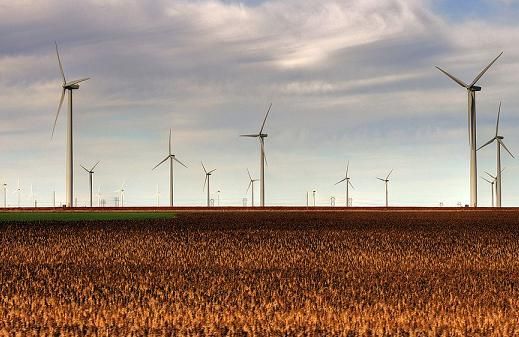Samoa PM launches Masdar funded wind farm
The Prime Minister of Samoa launched the South Pacific states first wind farm on Friday and the project is expected to reduce energy costs and improve climate change adaptation and mitigation capabilities in the region

The Prime Minister of Samoa launched the South Pacific states first wind farm on Friday and the project is expected to reduce energy costs and improve climate change adaptation and mitigation capabilities in the region.
The project was developed with funding from Masdar, the clean energy initiative based in the United Aran Emirates (UAE), and was officially opened by Prime Minister Tuilaepa Aiono Sailele Malielegaoi.
The opening comes just two days before Samoa hosts the United Nation's Third Conference on Small Island Developing States and renewable energy is expected to be high on the agenda.
Various island states across the Pacific and Caribbean are pursuing plans to boost investment in solar and wind energy, as renewable technologies can serve to reduce energy costs by curbing reliance on costly diesel imports.
Island state leaders are also hopeful that showcasing clean technologies can both demonstrate their viability and highlight the threat such countries face from climate change-induced rising sea levels.
Abu Dhabi based Masdar is supporting the trend with a US$50 million Pacific Partnership Fund which was used to develop the Samoa wind farm and a similar site in Tonga.
Masdar funded solar photovoltaic (PV) projects are also under construction in Fiji, Kiribati, Tuvalu, and Vanuatu.
Dr. Sultan Ahmed Al Jaber, UAE Minister of State and chairman of Masdar, said: "This UAE supported project, and others like it underway across the Pacific, unlock significant economic and social benefits across the region. By providing local sources of renewable energy and reducing reliance on imported fuels, the UAE is helping countries like Samoa realise its development ambitions, while also delivering valuable clean energy infrastructure."
Samoa’s new wind farm has added 550kW of capacity to the country’s grid and is expected to deliver 1,500MWh of power each year.
According to estimates, it will also result in annual carbon emissions savings of 1,000 tonnes and fuel cost savings of US$475,000 a year.
Prime Minister Malielegaoi said: "Access to renewable energy is vital to our long-term economic development, even beyond the substantial gains realized by cutting our dependence on imported fuel," he added.
The International Renewable Energy Association (IRENA) recently identified the development of renewable energy in the Pacific region as the most cost effective source of power, mainly due to falling wind and solar technology costs and the high price of diesel imports.
Masdar is aiming to deliver 2.8MW of capacity to the region through six projects that are expected to replace 1.5 million litres of diesel fuel a year whilst saving US$1.87 million and avoiding 4,450 tonnes of CO2 emissions annually.
